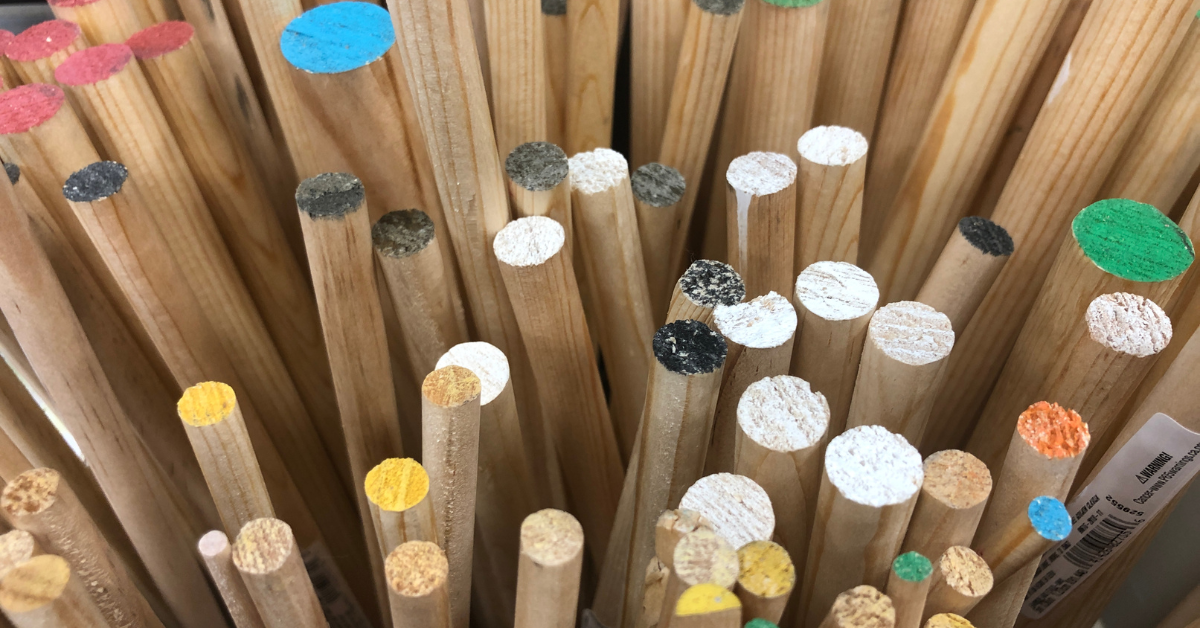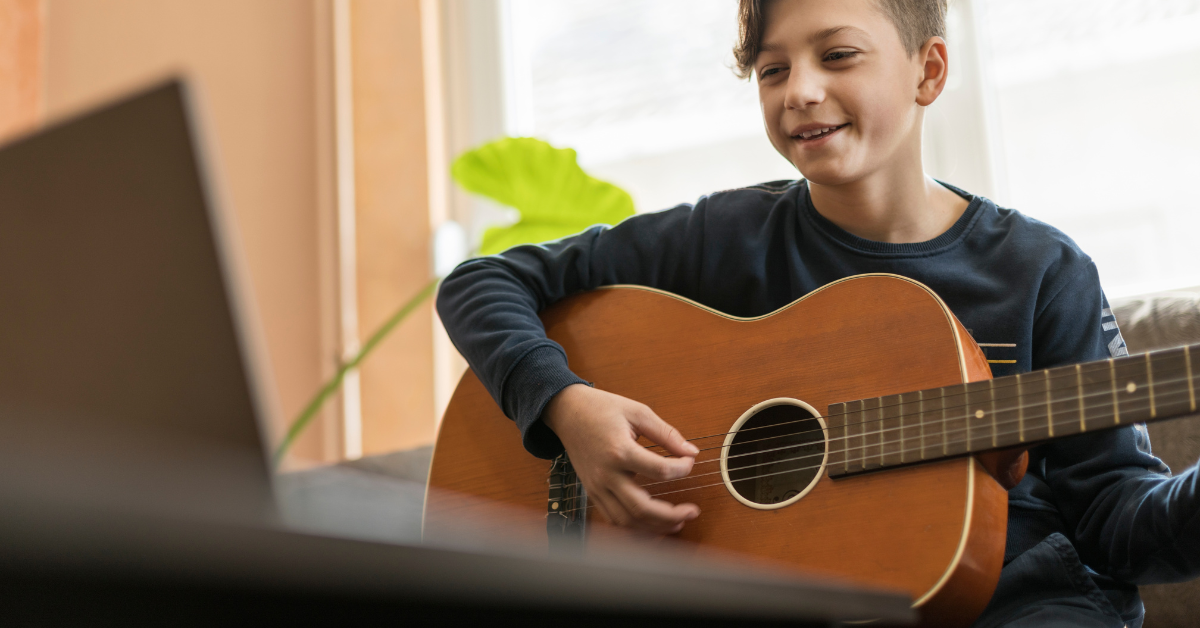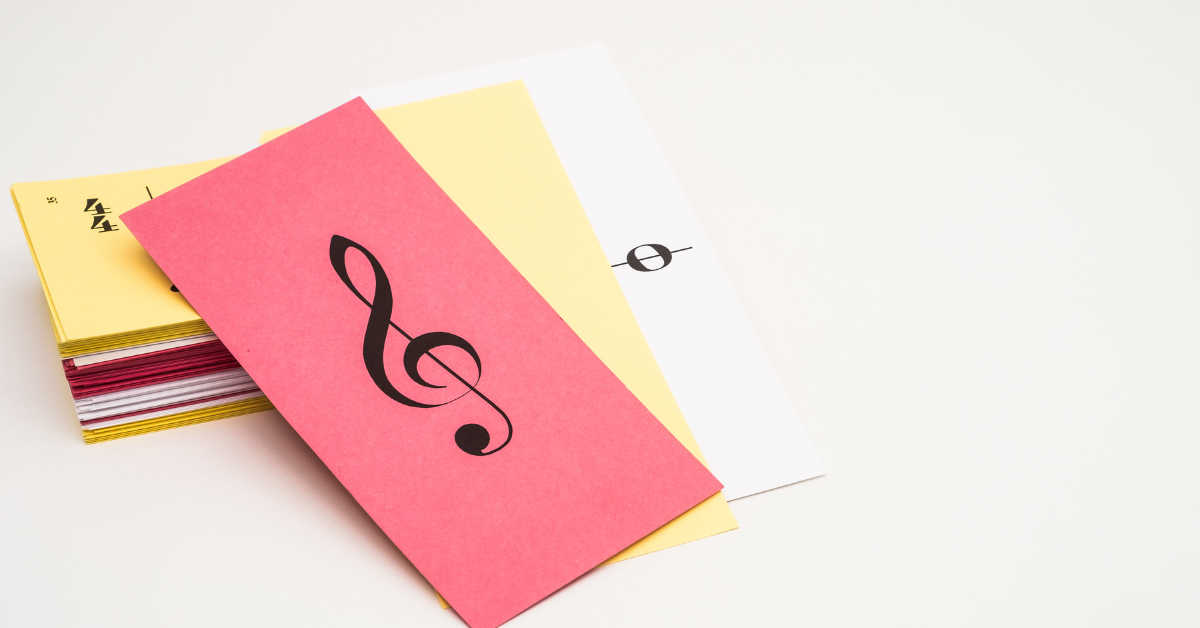5 Activities to Help Your Child Practice Their Music Lessons at Home
Getting your child to practice can be difficult, these activities help reinforce what they’re learning in their lessons at home.
Engaging your child in music lessons can be a rewarding experience for both of you. Music not only serves as a delightful pastime but also cultivates skills such as patience, discipline, and creativity.
Progress takes practice and practicing outside of the lesson room to reiterate the concepts learned inside the lesson room are equally as important. Make practice time at home fun with these five exciting activities you can do with your child to support their progress in their music lessons.

Crafty Rhythm Sticks:
Time to Practice: 15-20 minutes, 2-3 times a week
Materials Required:
- Wooden dowels or chopsticks
- Paint, markers, or decorative tape
- A metronome or a metronome app
Activity Description:
Customize wooden dowels or chopsticks with your child using paint, markers, or decorative tape. Set a metronome to different tempos. Together, tap the rhythm sticks in sync with the metronome. Then, gradually increase the tempo.
This activity makes rhythm practice tangible and visually engaging, which helps children understand rhythmic patterns and time signatures more effectively.
What it Helps to Improve:
- Rhythm recognition
- Hand-eye coordination
- Timing
Musical Storytelling:
Time to Practice: 20-30 minutes, once a week
Materials Required:
- Instrument your child is learning
- Children’s books with repetitive phrases or patterns
- Creativity!
Activity Description:
Choose a book with repetitive phrases or patterns. Create simple melodies or musical phrases that correspond with these patterns. As you read the story, have your child play the melodies at the appropriate times. Combining storytelling with music helps children associate emotions with musical patterns, stimulating creativity and encouraging musical expression.
What it Helps to Improve:
- Melody comprehension
- Creativity
- Reading skills

Scale Scavenger Hunt:
Time to Practice: 15-20 minutes, 2-3 times a week
Materials Required:
- Small objects (toys, paper clips, etc.)
- Musical scale chart
- Instrument your child is learning
Activity Description:
Hide small objects around the house. Assign each object a note on the musical scale and write it on a chart. Have your child play the note on their instrument to “find” the object.
Turning scale practice into a game motivates children to memorize notes and scales more enthusiastically and enhances their problem-solving skills. They’re memorizing the notes AND practicing their instrument.
What it Helps to Improve:
- Note recognition
- Memorization of scales
- Problem-solving skills

Improvisation Session:
Time to Practice: 15-30 minutes, once a week
Materials Required:
- Instrument your child is learning
- Basic backing tracks (easily found in your myB2R account!)
Activity Description:
Play a simple backing track. Encourage your child to improvise melodies over the track. Offer positive feedback and suggestions. Improvisation fosters a sense of musical freedom and creativity, helping children to think on their feet and develop confidence in their musical abilities.
What it Helps to Improve:
- Musical creativity
- Confidence
- Ear training

Note-Reading Flashcards:
Time to Practice: 10-15 minutes, 3-4 times a week
Materials Required:
- Music note flashcards (purchased or homemade)
- Instrument your child is learning
Activity Description:
Create or purchase flashcards with notes and musical symbols. Show your child a flashcard and ask them to play the corresponding note or demonstrate the symbol on their instrument. Using flashcards for note recognition encourages active learning and quick recall, which is essential for reading sheet music. It also reinforces the connection between written music and the physical act of playing an instrument, which is vital for a musician’s development.
What it Helps to Improve:
- Music reading skills
- Note recognition
- Focus and attention to detail
Practicing at home helps students progress and build confidence in the lesson room.
Being actively involved in your child’s musical education is an excellent way to bond and support their passion. These activities can be a great way to reap all the benefits of music lessons. Learning an instrument takes time and practice. By reiterating the concepts learned in the lesson room at home, kids will progress faster through their lessons.
Practice helps solidify your child’s understanding of musical concepts, improves their memory of repertoire, and enhances their ability to perform confidently.
